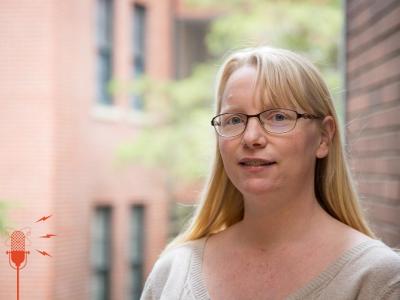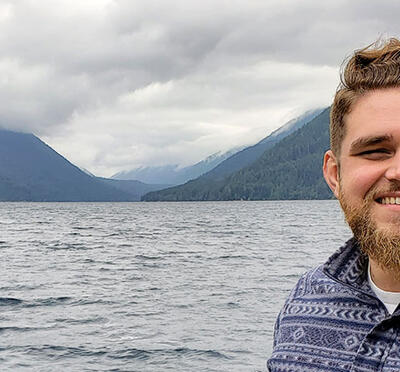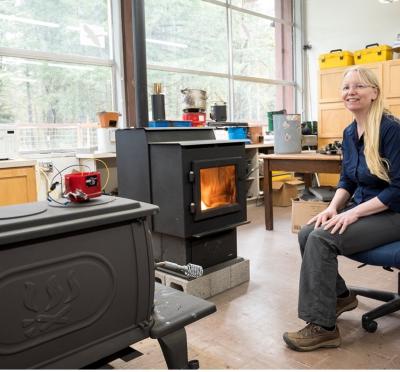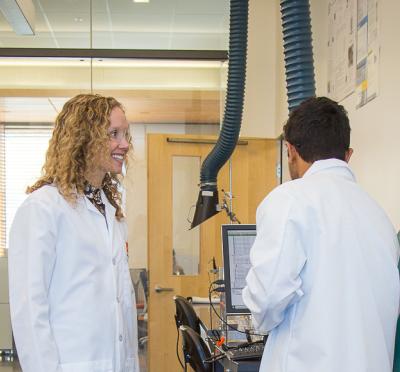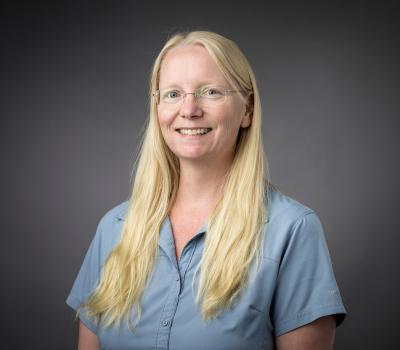
Nordica MacCarty
312 Rogers Hall
Corvallis, OR 97331
United States
Dr. Nordica MacCarty is an Associate Professor of Mechanical Engineering at Oregon State University where she is on the leadership teams of the Humanitarian Engineering and Engineering Design for Society programs. Her research is focused on an interdisciplinary approach to the user-centered design and evaluation of clean energy technologies. Many of her graduate students earn dual degrees in mechanical engineering and applied anthropology. She serves as Associate Editor for the journal Energy for Sustainable Development, is faculty co-advisor for OSU’s Engineers Without Borders chapter, and is Executive Director for the non-profit Aprovecho Research Center.
Dr. MacCarty was recently recognized with the 2020 OSU International Service Award and the Elevating Impact Award for social entrepreneurship from the Lemelson Foundation. Her work is funded by the US Department of Energy, US Environmental Protection Agency, National Science Foundation, VentureWell program, and other private foundations and donors. Prior to joining the OSU faculty in 2015, she spent nearly 10 years as an international consultant building capacity at projects and universities in developing countries for the design and testing of renewable household energy systems, and was a National Science Foundation Graduate Research Fellow.
She has been at Oregon State since 2015.
Research Interests
Dr. MacCarty’s research interests lie in understanding the relationships between energy, society and the environment through multidisciplinary systems modeling, sensor-based impact monitoring, thermal fluid sciences, and engineering design applied to global humanitarian and household energy needs.
Related Podcasts
